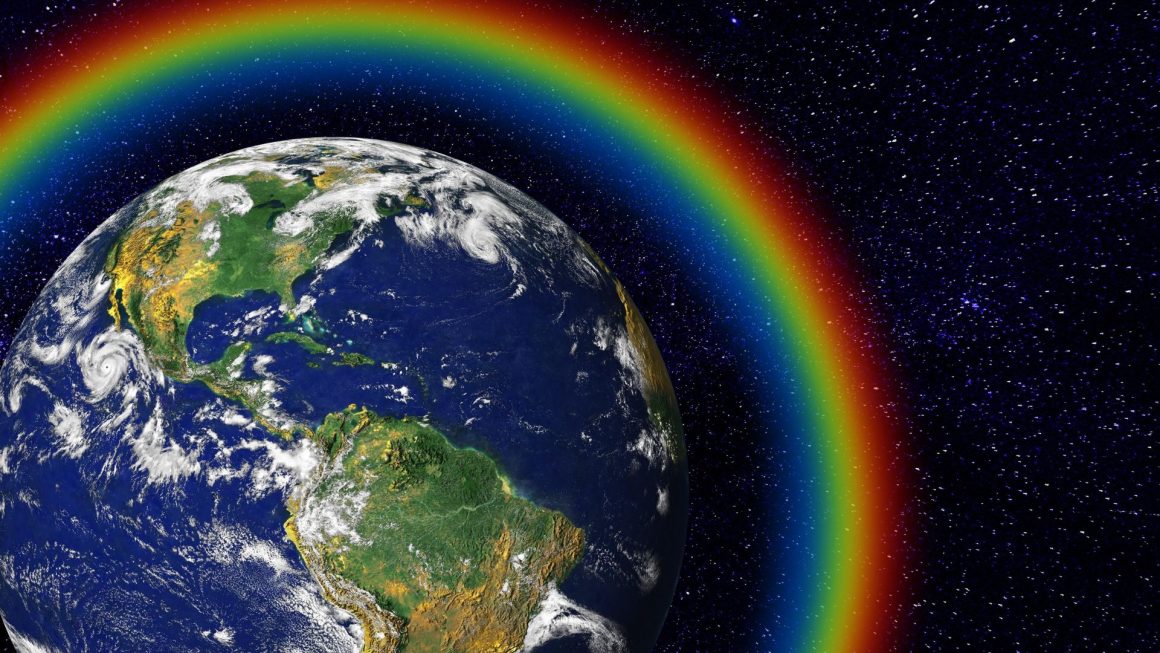
NATO to achieve carbon neutrality by 2050
By Roog Kubur, July 6 2022—
NATO is planning to cut their greenhouse gas emissions by 45 per cent by 2030 and go carbon neutral by 2050 as announced by Secretary-General Jens Stoltnenberg.
This is in alignment with the Paris Agreement’s goal of limiting global warming to one point five degrees Celsius. The announcement was also part of their new Strategic Concept, which, for the first time, recognizes climate change as a global security threat.
In recognizing climate change as a security threat, NATO recognized the need for a fundamental change in approaches to security and hopes to model itself as an organization dedicated to fighting against climate change.
This will be achieved by targeting the organization’s source of emissions such as surveillance planes, drones based in Italy and its own military headquarters based in allied states and Brussels. They have cited a new methodology for measuring the volume of emissions as a means to guide emission-reduction efforts. This is in conjunction with encouraging reduced emissions from allied states.
“This is vital, because only what gets measured, can get cut,” said Stoltenberg.
Stoltenberg stated that the methodology covers what is being measured and how to measure it, which will then be made available to allies in order to better understand how they are able to reduce their emissions. However, this method will not be made available to the public.
Military emissions are not included in states’ emission targets despite the sheer volume that they emit. A study commissioned from the European Parliament found that carbon emissions from EU militaries was 24.8 million tonnes. Another study found that the United States’ Department of Defense is the single largest consumer of petroleum in the world as of 2019.
Climate change is a phenomenon that may intensify existing issues in societies. The extreme weather conditions associated with climate change may increase scarcity in nations that are already struggling to sustain themselves, and this increased issue of resources may further contribute to conflict between nations. Stoltenberg has been outspoken about the issue long before his position in NATO.
“As the planet heats up, our weather becomes wilder, warmer, windier and wetter, putting communities under pressure as sources of food, fresh water and energy are threatened,” he wrote in an opinion piece.
The announcement was made as part of the NATO Summit in Madrid. The summit focused on the introduction of Finland and Sweden into the organization and pledging support to Ukraine, in addition to announcing their new approach to climate change. A full overview of the summit can be found on their website.
